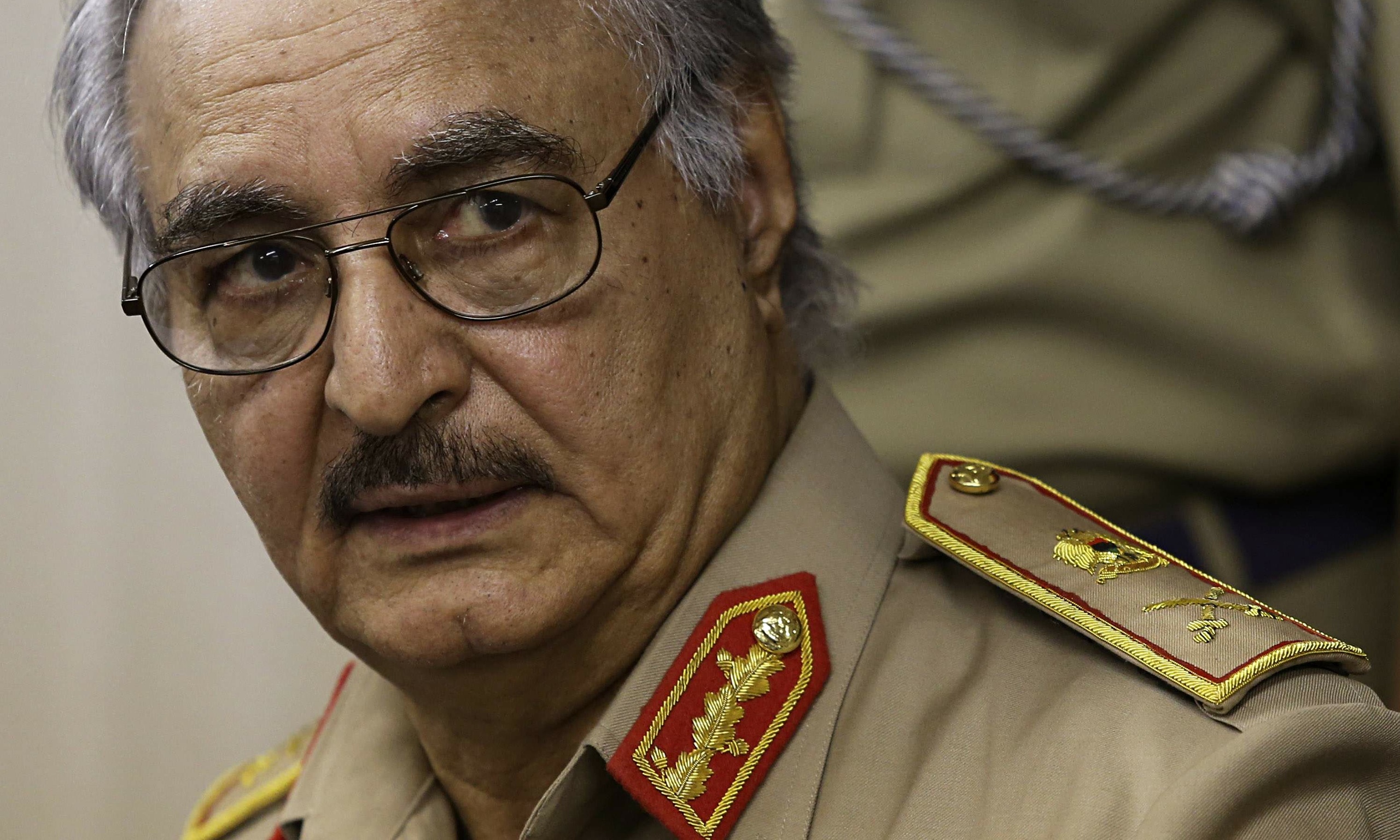Fishermen kidnapped in Libya, here are Italy’s errors and omissions

What is not said about the case of the Italian fishermen seized in Libya. Giuseppe Gagliano's analysis
Very often comparing similar events helps to understand the diversity of approaches to foreign policy and the different consequences to which these approaches lead.
Naturally, we are talking about the release of the Turkish ship, the seizure of which dates back to 5 December, carried out by the Libyan national army of General Haftar and relating to a cargo ship carrying 17 men of which nine are Turkish citizens. That this led to a legitimate reaction characterized by anger and disappointment on the part of the fishermen's wives but also on the part of the civil society of Mazara del Vallo was obvious and predictable.
This is a bewilderment that any Italian would find it hard not to feel especially considering that the Turkish ship had been indicted by the Libyan authorities for very specific crimes while the Italian fishermen – detained in prison for over 100 days – have not been charged with any crime and they are only detained to induce our country to release traffickers of illegal immigrants (some of whom are also accused of murder).
Another significant difference that emerges more clearly is that of a strictly political nature: while in fact General Haftar from a diplomatic point of view certainly cannot be considered an enemy of Italy, on the contrary Erdogan is one and among other things the kidnapping carried out demonstrates its political weakness.
However, the greatest difference between the Turkish and the Italian approach is certainly related to the different way of relating to the Libyan chessboard: while Turkey can now consider itself a nation whose projection of military power will help to change the balance of the Libyan chessboard – as certainly those of the eastern Mediterranean – Italy on the contrary is only a geographical expression as Metternick said.
Beyond the choice by the European Union to weakly condemn the kidnapping of Italian fishermen by the Libyan side and beyond the fact that Italy's failure in Libya will only allow other European and non-European powers to to divide Libya, the Italian approach to foreign policy not only of the current government but also of the previous ones is essentially to neutralize from the political point of view the use of the military instrument considered useless, harmful and dangerous on the one hand and to implement an approach characterized by Gramellini's do-goodness to create or consolidate political consensus on the other side.
In fact, in our country the military instrument cannot and must not have any role – with all due respect to the specialization courses of the Casd Institute of Maritime Warfare – in defining the strategy of Italian foreign policy except in purely theoretical terms but must only serve to produce weapons for use in simulation exercises within NATO or to sell these weapons to other countries – thus increasing the business of the military industry – or to please our American allies.
We have already extensively discussed the causes of an ideological nature for which Italy has chosen this solution for a long time in a previous article.
We have only to limit ourselves to adding one last observation of an educational nature: in the world of school, especially in the teaching of history, an attitude of ideological rejection towards the military dimension has now become widespread – especially since the 1970s. of history whose relevance is deliberately overshadowed by the teaching staff or, when it is not possible to deny its role and scope, its authoritarian or cryptofascist dimension is highlighted. As the approach to the foreign policy of our country has nothing to do with the presuppositions of political realism – classical and modern – in the same way the approach to the history of the faculty is very far from the tools that were formulated by both Thucydides in the Peloponnesian War that from Machiavelli in Il Principe It means that when we should go to bargain with the Turkish president Erdogan – whose projection of power worries even the United States – we will have him read the terms of our students on Pope Francis and on how important the empathy towards each other. Peace and Love.
This is a machine translation from Italian language of a post published on Start Magazine at the URL https://www.startmag.it/mondo/pescatori-sequestrati-in-libia-ecco-errori-e-omissioni-dellitalia/ on Mon, 14 Dec 2020 09:11:05 +0000.
